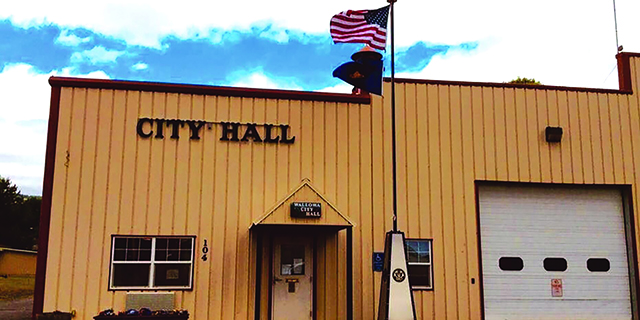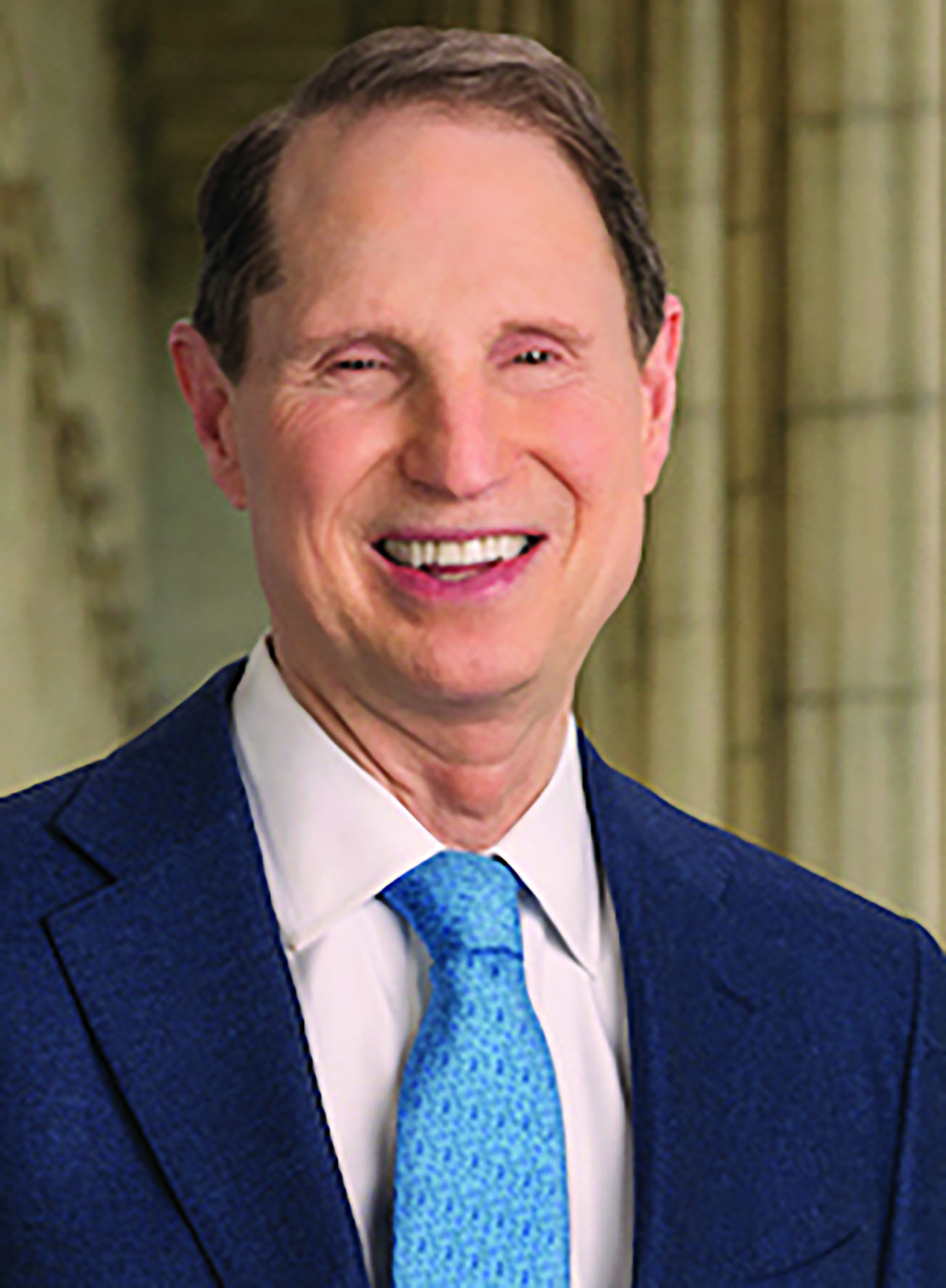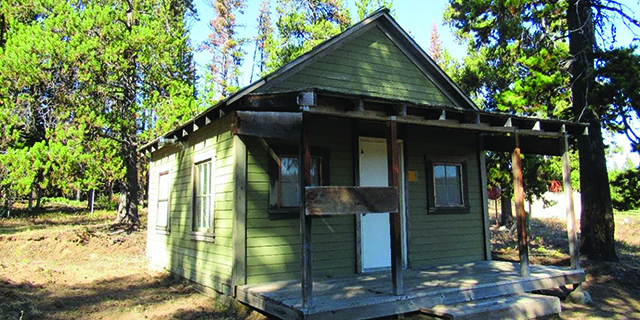Call it what you want, it’s impacting our lives
Published 5:25 am Wednesday, September 20, 2017

- Main Street
“Climate Change.” There, I said it.
For years I’ve cautioned friends, especially my “liberal” friends, not to speak about “climate change.” “You will just get involved in a war of words about global climate statistics where no one wins, and everyone ends up mad.”
Trending
What we can talk about, I’ve said, is how people are reacting to changing weather patterns, how North Dakota farmers are swapping corn and soybeans in and durum wheat out with wetter weather, shipping companies are exploring routes through the arctic, and investors are eying islands in the far north as they pop out of the sea with weight loss as ice melts. “Follow the money,” I say.
What pushed the climate issue to the front of my mind this summer was watching news coverage of hurricanes and floods in Texas and Florida, and not riding my bike a couple of days in smoke-filled August got my attention.
The Joseph football team practiced indoors for a week, and a game was canceled due to smoke. And we have not had major fires anywhere near us. When I ask, the smoke is coming from Hood River and Brookings in Oregon, and from Idaho, British Columbia and California.
I met people from Brookings who drove out and zigzagged their way across the state looking for respite from smoke –– they said we were pretty good compared to the rest of the state.
Location becomes a big question with these changing weather patterns –– with “climate change.” Would you move to Miami or Houston, buy a place on the coast or at the edge of the burning suburbs in Southern California? Or, for that matter, are you nervous about the Lostine Canyon or the forested foothills here in the Wallowa Valley?
If summer heat is on the rise across the region, what will long-time Portlanders do with another stretch of 100 degree days? Or what will they do with another 140 days of winter rain? Follow the Brookings couple to Wallowa County?
Trending
I had dinner this weekend with two German travel writers. They talked about the extreme pressures of immigration in Europe, and noted that the beginning of much of it –– including the wars –– is in drought. The Sudan and other parts of Africa and big swaths of the Middle East –– Syria and Iraq –– have suffered for years from severe drought and heat; as the Germans said, people are going to go where there is food and water.
The other thing to say about climate change is that migrations have always been part of it. In the Great Warming from the 10th century to the 14th century, the Norse went to Iceland, Greenland and Newfoundland, and the population of Europe exploded with wheat in Norway and wine grapes in England.
At the same time, heat and droughts caused the Mayans to move from their sophisticated irrigated cities back to the countryside, and many of the live oak trees and the people in California just died.
When the table turned and the earth cooled in the 1500s and 1600s, the families of the British Isles sent their children off to America to then sell them as indentured servants in America rather than have them starve at home. Over half of the migrants to North America from 1600 to 1776 were indentured servants.
Years ago, I remember meeting people who had looked at the maps of nuclear drift and moved to the Wallowas as a relatively safe place. Could we have more of the same? If long summers of smoke become normal, would you rather be in Portland, Seattle or here?
If severe summer heat is the new Northwest menu, would you take the blacktop laden Portland suburbs or Joseph and a quick trip to Wallowa Lake. If waves are engulfing the shores, might you sell your beach house for a mountain retreat?
Oops. Make sure your mountain retreat is not at the edge of the fire-prone thickets of lodge pole pine. The fires, hurricanes, floods and droughts that might drive people here are just a forest fire or two from making it a less attractive place.
If climate change is creating problems across the globe and in our hometowns, maybe we should start thinking about it. Not arguing about who caused what, but making small amends to our own lives that serve family, community and the whole.
Some are trying: agriculture and Nez Perce Fisheries are improving irrigation while making more and cooler water for fish. Smaller and more efficient houses can reduce the use of coal fired electrical plants. Thinning trees and preventative burning can reduce the risk of large fires. Buying local food saves a lot of diesel trucking.
We can think about climate change right here.
Rich Wandschneider lives in Joseph and writes a monthly column for the Chieftain.









